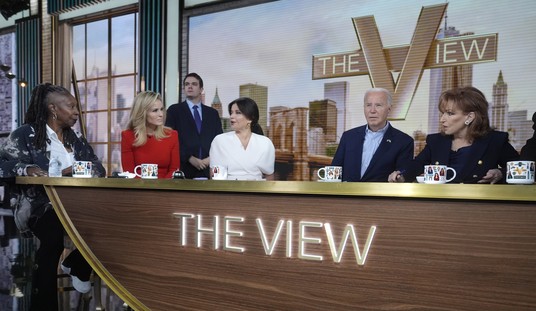WASHINGTON — The American Civil Liberties Union is representing abortion-rights advocates and Milo Yiannopoulos in action against D.C.’s Metro system for allegations of free-speech censorship in the acceptance of subway ads.
The civil liberties advocates have also named themselves as plaintiffs in the First Amendment lawsuit, as well as People for the Ethical Treatment of Animals.
Faced with an effort by Pamela Gellar to run the winning “Draw Muhammad” cartoon on buses and in subway stations, the Washington Metropolitan Area Transit Authority in 2015 banned all “issue oriented” ads. “Metro will fully consider the impact that issue-related advertisements have on the community by gathering input from riders, local community groups and advocates,” spokesman Michael Tolbert said at the time. “Metro will also carefully examine the legal concerns related to displaying, or discontinuing the display of, issue-related advertisements.”
Ads now banned include those “intended to influence members of the public regarding an issue on which there are varying opinions,” ads that “support or oppose an industry position or industry goal without any direct commercial benefit to the advertiser,” and ads “intended to influence public policy.”
Metro rejected PETA ads telling people to “go vegan,” a Carafem ad for a 10-week-after abortion pill, and ACLU ads that spelled out the First Amendment in English, Spanish and Arabic. Ads for Yiannopoulos’ book “Dangerous” were initially accepted by Metro but were pulled down after complaints from riders.
“WMATA has violated Plaintiffs’ First and Fourteenth Amendment rights. And WMATA’s new advertising Guidelines, which explicitly or implicitly incorporate such viewpoint discrimination, are unconstitutional for the same reason,” states the ACLU complaint, charging that ads “were rejected for reasons extrinsic to the advertisements themselves, such as the identity of the advertiser, the advertiser’s known or presumed viewpoints, or the advertiser’s line of business.”
“WMATA has accepted other advertisements that are at least equally related to social issues on which there are varying opinions,” the lawsuit notes. “An advertisement showing a crowd of demonstrators holding signs saying ‘Black Lives Matter’ and ‘Stand for Justice’ would make viewers think about issues such as racial profiling and police misconduct, issues on which members of the public have varying opinions, but such an advertisement was recently accepted and displayed.”
“Advertisements touting the capabilities of new military aircraft would make viewers think about national defense strategy and the military budget, an issue on which members of the public have varying opinions, but such advertisements are routinely accepted and displayed. WMATA also accepts advertisements for gambling casinos and alcoholic beverages, both issues on which members of the public have varying opinions.”
Arthur Spitzer, legal director of the ACLU-DC and lead counsel in the case, said in a statement today that the case “highlights the consequences of the government’s attempt to suppress all controversial speech on public transit property” as “the First Amendment protects the speech of everyone from discriminatory government censorship, whether you agree with the message or not.”
Lee Rowland, senior staff attorney with the ACLU, said the four varied plaintiffs “perfectly illustrate the indivisibility of the First Amendment.”
“The ACLU could not more strongly disagree with the values that Milo Yiannopoulos espouses, but we can’t allow the government to pick and choose which viewpoints are acceptable,” Rowland added.
The ACLU wants the court to order WMATA to accept the ads. The lawsuit also seeks lost compensation for Yiannopoulos’ book sales.









Join the conversation as a VIP Member